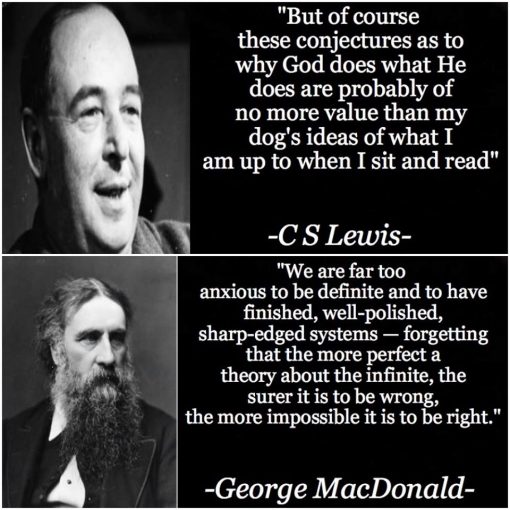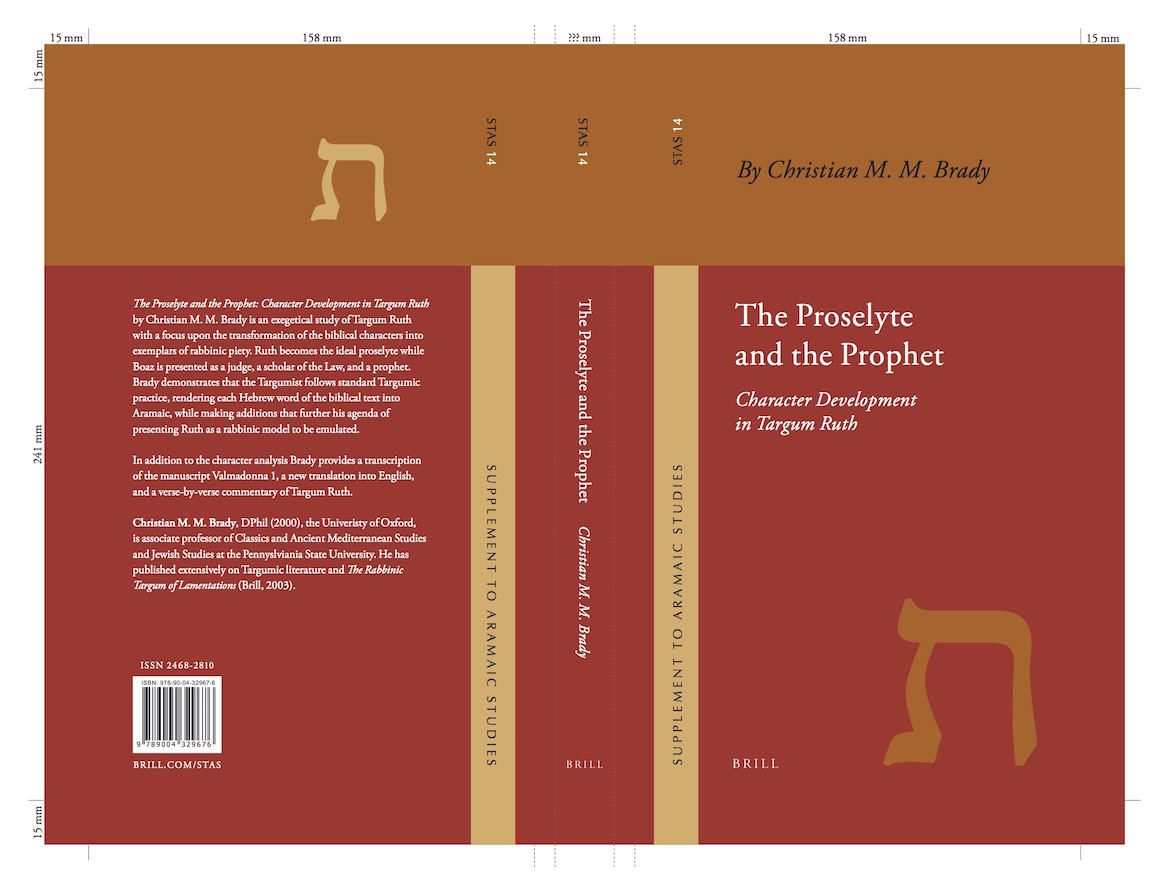I have a deep desire, often uncontrollable, to be understood. More specifically, that my ideas and arguments should be understood. It is a horrible habit and I have been aware of it for decades and I fight against these inclinations, and often lose. It can ruin relationships and it has certainly had a negative impact in the workplace.
Once, my father and I were in a discussion (read: debate) about the biblical creation accounts and contemporary understanding of cosmology. My father was an electrical engineer/computer scientist who had spent most of his career with NASA. He also held to a “young Earth” view until late in his life and never changed his mind that God created the world in “six days.” I use quotation marks, because he did come to expand the notion of “day” to mean an epoch of indeterminate length. I understood what my dad was arguing, but I disagreed. He countered, “If you understood me then you would agree with me. I am clearly not explaining it well. Let me try again.”
That was back when I was in college, probably around 1987 or so, and ever since I have tried to be aware of this propensity in myself. Particularly once I became an administrator. Most people, and I have found this to be particularly true of faculty, want to understand the why of a decision, even if they don’t agree with it. There are, I have also found, limits to that and I have feedback surveys to back that up.
When I have made a decision about what our college is going to do (perhaps a speaker we are inviting to campus, strategy for the college, and so on), it is usually after taking in a good amount of advice, consulting with the relevant constituents. I then present not only the decision, but also the reasoning behind it. I seek to explain. That is fine and good, but sometimes when there is dissent, perhaps, if I am honest with myself, when I am feeling insecure about the decision, I keep explaining. Not only is that unhelpful, it actually frustrates those I am hoping to persuade. Just as my father (inadvertently) frustrated me. I have tried to learn, therefore, to leave things unsaid, to offer explanation initially and when requested, but otherwise to keep my own counsel.
My personality works against me here. I love conversation and discourse, that is true give and take, on a wide variety of subjects. I have opinions on everything, not least on matters about which I know very little. Just this morning I read several key passages in The Imitation of Christ which were entirely too personal, which means, of course, that I need to heed them.
“Why are we so ready to talk and chat with other people, when we rarely return to our silence without some injury to our conscience? We do it because we hope to receive some comfort from our conversation together, and because we want to unburden our hearts which are full of all the things we have thought. We are only too glad to fill our thoughts with the things we love or desire or find difficult, and to talk to others about them. The pity is that it is so often silly and useless to do so, for this outward comfort can destroy the inward comfort that is the gift of God.” —The Imitation of Christ
It is human nature to want to know “why” and to seek out explanations. It is also human nature to assume that we can explain, or comprehend, things that are, truly mysterious. Indeed, accepting such mysteries leads towards the “inward comfort that is the gift of God.” But here I think I need to stop explaining my train of thought and exit the station.





